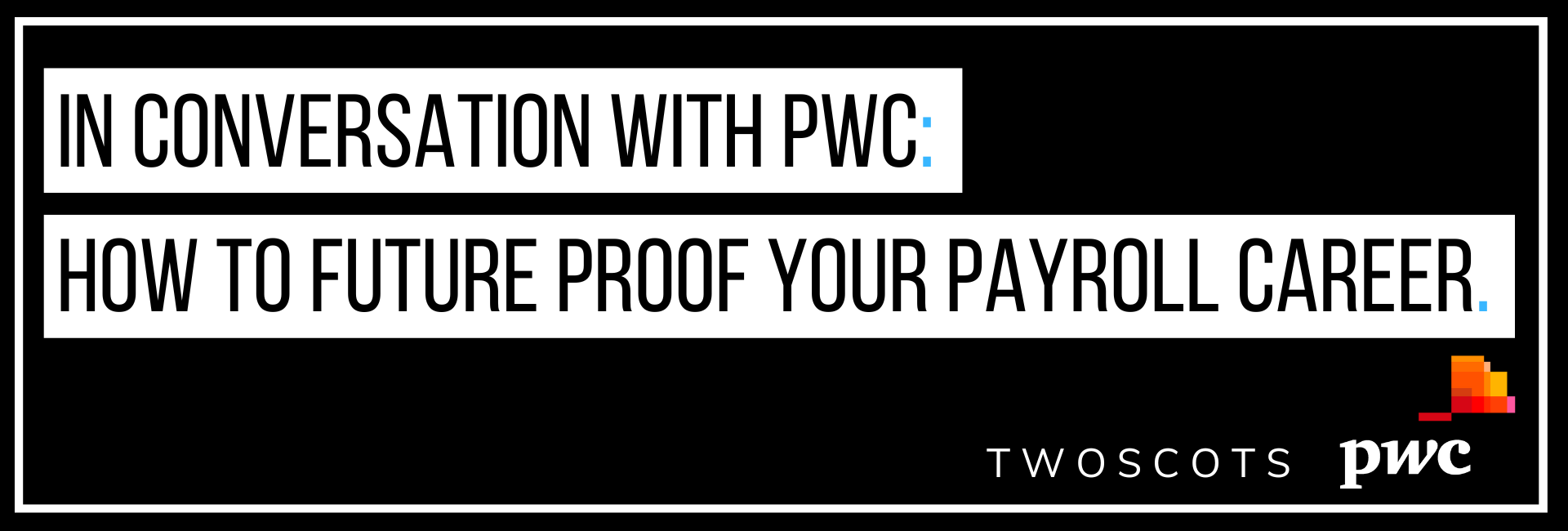How to future proof your payroll career
Posted September 27, 2022The last few years have been a rollercoaster for payroll professionals. From huge compliance and governance changes through to the mass rollout of remote working, job keeper allowance and huge structural changes to most organisations.
So, we asked Claire Soccio, Partner of Payroll Advisory and Andrew Farr, Partner of Workplace Law at PwC what recommendations they would have for the payroll leaders of the future based on where they see industry trends and regulations moving towards.
Luckily for those with core, technical, payroll skills, there is a real shortage in the market and so this is the time to really invest in your skills and career in order to cement yourself as an in demand professional.
1. Creating relationships throughout your organisation
Whilst payroll has always been a siloed function, in most businesses it will become more integrated into other business divisions as a response to compliance. Payroll is increasingly becoming a concern of leadership across the board and so to manage a function successfully, payroll professionals will need to have good relationships with these people in order to thrive.
As payroll becomes more policed by the ombudsman, being open and honest about processes as well as welcoming external audits will be imperative. This is something you should be able to play an active role in with the leadership team.
As a future leaders, these relationship skills will also be fantastic when training and mentoring junior staff.
2. Being tech literate and experimental with processes
Tech systems within payroll are only advancing which will enable automation of monotonous tasks, enabling you to run more strategic and complex projects which bring more value to your organisation.
To best make the most of these advancements, you will need to be able to quickly learn and adapt to new systems and programs whilst experimenting with them to find how they best suit your business set of needs. This kind of work is reactive and iterative and is best suited to someone willing to be experimental with the work they are doing.
3. A skill at managing complex priorities and scenarios
There are many complex aspects to working in payroll in this way; from the growing relationships across the business will will introduce ever more complex sets of needs and expectations as well as the complex nature of the actual job.
Being able to juggle multiple things and manage conflicting variances such as awards, enterprise agreements, return to work, taxation changes, long service leave and more is essential. People who can think and work in a reactive way to suit a business will be the individuals who in turn lead their teams.
4. A strategic mind
As tech can automate some of the more mundane tasks within the payroll profession, you’ll be able to work on more strategic business projects which will make your division and work ever more valuable.
Some leading multinationals, such as AWS and Microsoft are already utilising tech and strategy to interrogate their labour force optimisation. In a candidate short market this is invaluable to a business who may not have full sight of their resourcing and how it’s being maximised or overused.
Strategy is also often needed to manage the vague wording of some legislation by the ATO which varies by state. Although this will gradually become clearer as requests from the Ombudsman increase, at present it is the responsibility of the employer to interpret this in the lawful way.
If you want to start the discussion about how you can take the next step in your payroll career, get in touch with us today at [email protected] to talk to our expert team.

